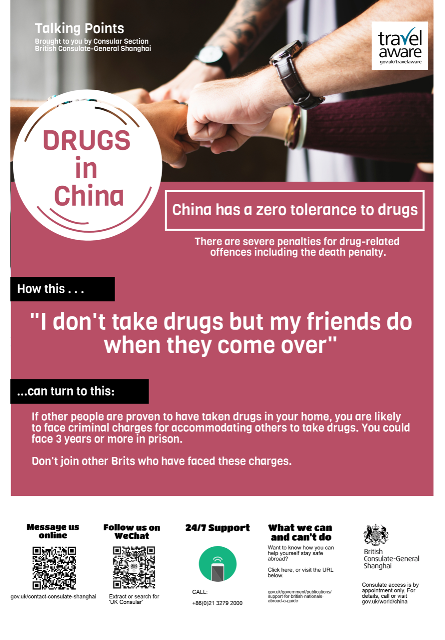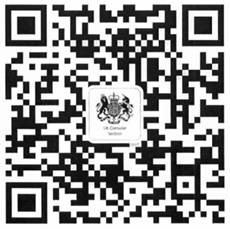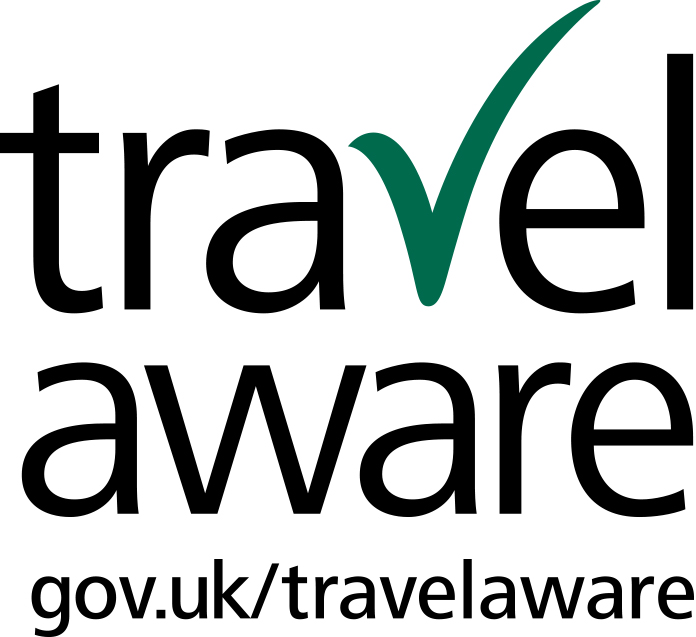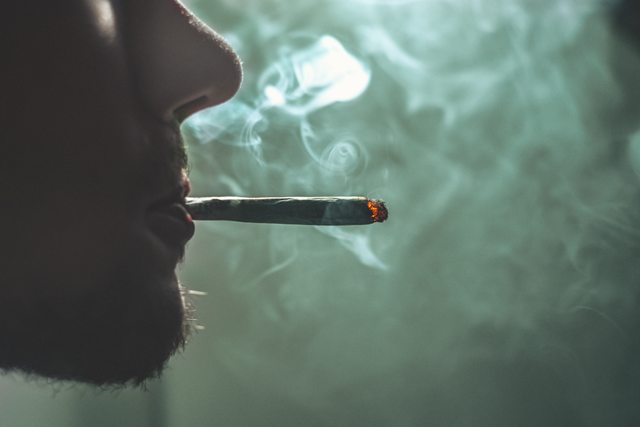Word has reached us of a deportation case in Shanghai, in which a foreigner tested positive for cannabis after using it on a trip to Thailand, where the drug has been legalized.
So we thought it would be timely to dust off this article we published in conjunction with the UK government, and remind readers to be aware of the strict drug laws in place and very much enforced in China, and the harsh punishments meted out to those who break them.
Quick Facts
China has a zero tolerance to drugs
There are severe penalties for drug-related offenses, including the death penalty
There have been increasing incidences of police raids on bars, clubs and private homes
Chinese police undertake random drug testing including on entry to the country*
*If you visit a country where drugs are legal (like Thailand) and think it is okay to partake – you’d be taking an ill-advised risk.
Busting Myths

“I only take drugs outside of China, so it’s not an issue.”
Police drug tests can detect if you have taken drugs within the previous three months. Testing positive in China, no matter in which country you took drugs, is against the law.

“I only take drugs at home so won't get caught.”
Chinese police act on information given by others about possible drug users. Police do raid homes looking for drugs and test residents for drug use.

“I don’t take drugs but my friends do when they come over.”
If other people are proven to have taken drugs in your home, you are likely to face criminal charges for accommodating others to take drugs. You could face three years or more in prison.
What Happens If You Are Detained
The following is a typical sequence of events for what can be expected if detained:
Taken from location (home, office, bar, club) to police station.
Can be detained for questioning for up to 24 hours while police conduct initial investigation.
Either released, given administrative detention or considered for criminal charges – all with possible fines imposed.
If administrative detention is imposed, the period varies; usually between three and 15 days.
There can be conditions upon release. Again, these vary case to case – from release, release with fine imposed, to deportation.
In the case of deportation, foreign nationals are unlikely to be given a period of time to sort their belongings/affairs out, before being deported.
Either the detained person, their family/friends or employer will be expected to fund their flight back to the UK (or home country). The UK government can help by speaking to a detainee’s family, friends and/or employer in respect to funds, but they cannot provide money from public funds.
Some people are then subject to a five-year travel ban from reentering China.
If criminal charges are brought, it is likely the time in detention could be up to 12 months before a trial date and any verdict handed down.
During administrative and criminal detention, foreign nationals are usually only permitted access to their consular and legal representatives.
What the British Consulate or Embassy Can Do If You are Detained
Once again, we cannot stress strongly enough that the best thing you can do is not do drugs. But, should you be caught and detained, here is what the UK government can do for you.
The police will ask foreign nationals if they would like their consulate or embassy informed of their detention, and if they would like them to contact them.
In the case of British people, consular staff will contact detainees as soon as possible after being officially notified of the detention, and visit them if they’d like them to. If a British person is detained for a longer period, consular staff will visit them on a regular basis (in most cases once a month).
They will tell the detainee’s family and friends they’ve been arrested/detained, if they want them to – they can also help a detainee understand the benefits of contacting their family if they are initially unsure. They can then pass on messages to and from family/friends.
Consular staff can give detainees information about the Chinese legal system, explain the prison system, mail and censorship, privileges and how to access medical services. They cannot give legal advice but can provide detainees with a list of English speaking lawyers in China.
Put them in touch with a prisoners’ welfare charity called Prisoners Abroad.
Please note, the UK government are limited in what support and advice they are able to give British nationals who also hold Chinese citizenship. Click here for more.
Additionally, anyone entering China with dual nationality (neither of which is Chinese), and requires Consular support (such as in the event of detention and arrest) may be restricted to seeking Consular support from the country related to the passport they entered China on.
Some Useful Links
Help for British Persons Detained in China
Includes an outline of what the UK government can and can’t do if you are detained, with further specific guidance for China. Click here for more.
UK Government Travel Advice for China
The latest information on visiting and living in over 225 countries (including China!). Includes advice on entry requirements, local laws and customs and much more. Create a subscription to get email alerts when advice changes. During a crisis, such as a natural disaster, these pages are updated first. Click here for more.
UK Government Guide to Living in China
Includes a range of advice from accessing healthcare, finding English speaking lawyers to how to vote while abroad. Click here for more.
Sign Up to the UK Consular WeChat Channel
This UK Consular channel keeps you up to date with their latest news and current trends in China which may affect British people.


[Cover image via Unsplash]






















0 User Comments